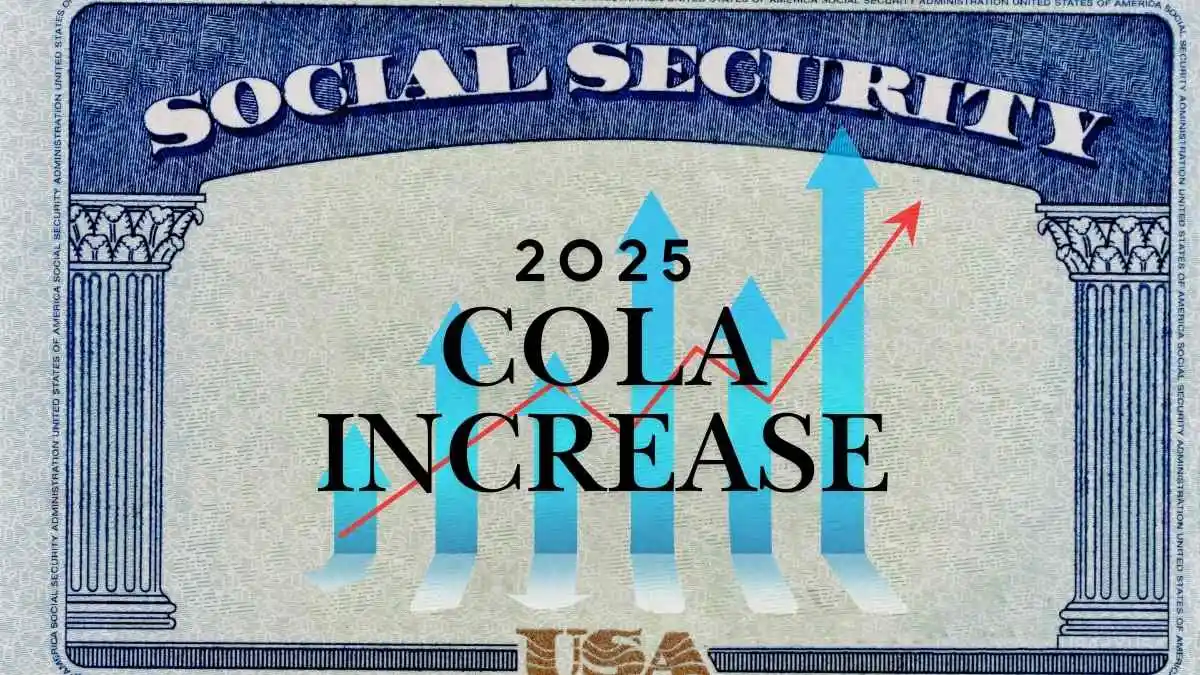“`html
A Social Security Crisis Looms: Trump’s Plans and the Disconnected Base
The disconnect between MAGA supporters’ desires and Donald Trump’s actual Social Security plans has sparked fierce criticism, with social media users lambasting what they see as self-defeating political behavior. This Social Security crisis is a real issue, and it’s important to understand the implications of Trump’s proposed policies. The tangible frustration stems from an awful irony: While a significant majority of Trump supporters oppose Social Security reductions, according to Pew Research, Trump’s proposed policies would accelerate the program’s path to insolvency by three years, triggering larger benefit cuts than currently projected. This Social Security crisis is more than just a political debate; it’s about the future financial security of millions.
The Math Doesn’t Lie: How Trump’s Policies Threaten Social Security
The Committee for Responsible Federal Budget’s analysis reveals Trump’s agenda would increase Social Security’s cash shortfall by $2.3 trillion through 2035. This alarming figure stems from several key policy proposals:
- Ending income taxation of Social Security benefits: $950 billion in projected shortfalls
- Eliminating payroll taxes on tips and overtime: $900 billion in projected shortfalls
- Immigration and tariff policies: Roughly $400 billion in projected shortfalls
The result is stark: Social Security would become insolvent in 2031 instead of 2034, leading to a devastating 33% across-the-board benefit cut—a significantly worse outcome than the 23% reduction projected under current law.
President-elect Trump’s plan for Social Security could result in automatic benefit cuts for the 70 million Americans who rely on their hard-earned benefits. This highlights a critical concern about the potential for a Social Security crisis under certain policy decisions.
The Ripple Effect: How Trump’s Plans Could Devastate the Economy
Trump’s mass deportation plans would further significantly wound Social Security’s finances. In 2010, undocumented immigrants, whom Trump and his supporters are eager to remove, were estimated to have contributed approximately $12 billion annually to Social Security through payroll taxes, despite being ineligible to receive benefits. Removing these contributors while simultaneously reducing the program’s revenue streams creates a perfect storm for fiscal disaster. This also affects millions of Americans who depend on the Social Security safety net.
Consider the impact on states like Florida, where almost 84% of those over 65 collect Social Security. The loss of $8.5 billion in spending power would collapse the state economy, demonstrating the wide-ranging consequences of a Social Security crisis.
A Disconnect in Priorities: Trump Supporters and the Social Security Crisis
The irony lies in how Trump’s base appears oblivious to these implications. Despite campaigning on protecting Social Security, Trump’s actual proposals would accelerate its demise. His plan to eliminate taxes on Social Security benefits primarily helps higher earners, while Americans earning between $32,000 and $60,000 would save a comparatively smaller amount.
This disparity highlights a concerning disconnect between MAGA rhetoric and reality. While Trump supporters rail against perceived threats to their benefits, they often continue supporting policies that would accelerate the program’s collapse. This critical disconnect has created a looming Social Security crisis.
Trump’s Record on Social Security
Donald Trump didn’t save Social Security. He proposed cuts to the program in every budget, but was consistently blocked by congressional Democrats. Experts say Trump’s new economy-wrecking plans would drain Social Security in just six years. This further emphasizes the disconnect between the rhetoric of protecting the program and the actual impact of the policy proposals.
Leave a comment below and share this article with your friends. Knowing the facts is crucial in navigating this looming Social Security crisis. Understanding the potential consequences of these policies is vital for ensuring a secure future.






